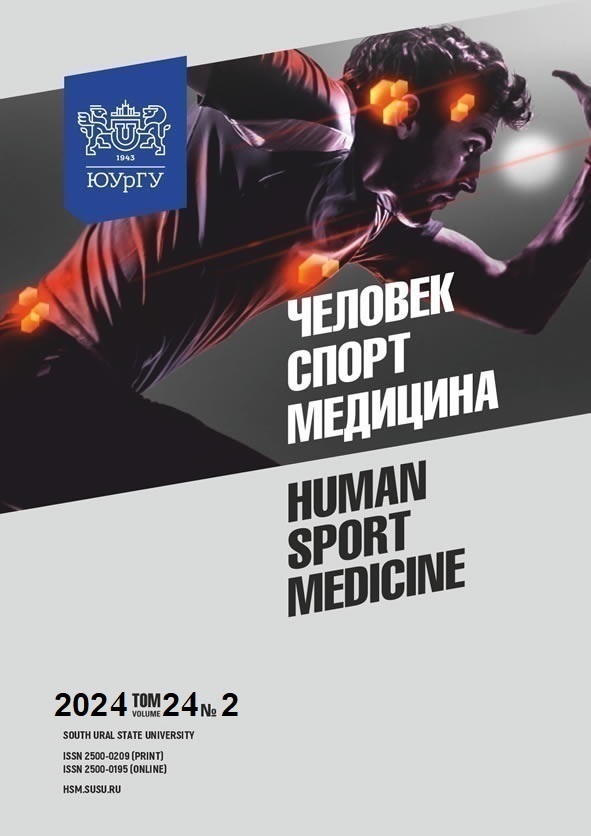DEVELOPMENT OF MOTOR INTELLIGENCE AMONG UNIVERSITY STUDENTS WITHIN AN IMPLICIT EDUCATIONAL SPACE
Abstract
Aim. This investigation aims to establish a theoretical basis for the enhancement of physical education programs, emphasizing the fostering of motor intelligence. Such an approach not only promises significant enhancement of physical performance but also substantiates a more rational approach to physical activity. Materials and methods. The methodological cornerstones of this study are the significance of the implicit educational space in current educational contexts and the role of content subspaces for assessing the degree of motor intelligence development during physical education and health promotion activities at the university level. Results. Our findings underscore the intricacies involved in the development of motor intelligence among students, varying in their adaptation to physical exercise. This adaptation correlates with enhancements in the physical, cognitive, and motivational aspects of health. Conclusion. The study concludes that the varying degree of adaptation to physical activity among university students and its association with physiological systems offer a nuanced perspective on the strategic and efficient development of motor intelligence within the university setting.
References
References on translit
Copyright (c) 2024 Human. Sport. Medicine

This work is licensed under a Creative Commons Attribution-NonCommercial-NoDerivatives 4.0 International License.















